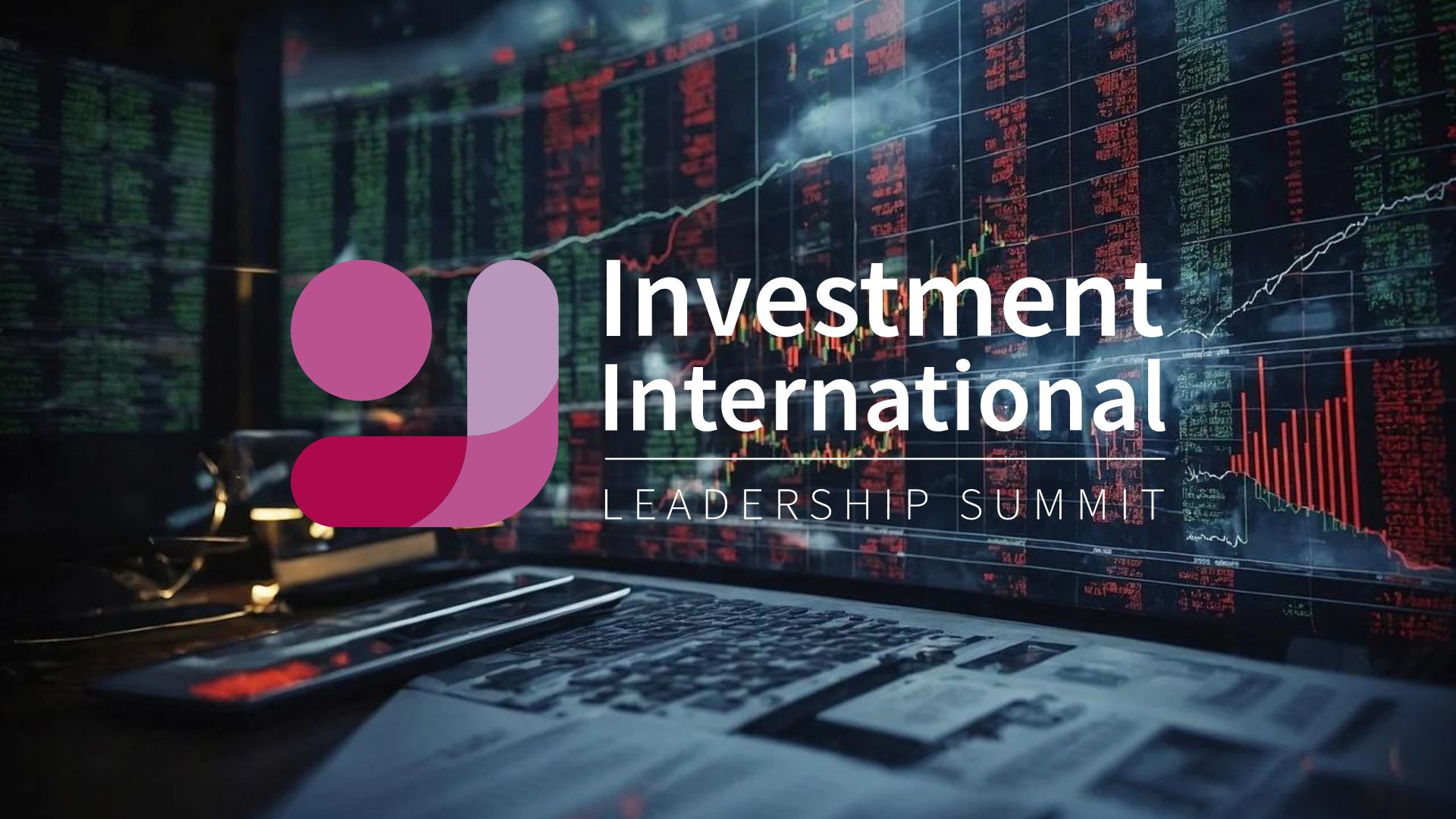The last twenty years have been tumultuous for the understanding of tax in the accounts of multinational companies. The investor in this sector has been on a roller coaster ride if they have sought to interpret the tax due by those companies whose shares they have owned, says Richard Murphy.
The two decades can be split into three periods. The first was until 2012. Effectively this era was a free for all for companies. They were in the driving seat on lobbying. Tax rates fell quickly, around the world. Concessions on the tax base, which reorientated quite heavily towards territorial taxation, helped those seeking to avoid tax. The tax profession was more than willing to assist that goal. Tax avoidance was considered meritorious by both tax professionals and their clients.
Although it was not immediately apparent, the global financial crisis was a game-changer on international tax matters. The world's politicians wanted someone to blame for that crisis, and tax justice campaigners gave them their answer in the form of tax havens. From Nicolas Sarkozy to Barack Obama, they seized the moment to point the finger at tax havens.
So did others, and the pressure from the media on companies like Google, Amazon and Starbucks grew. Dame Margaret Hodge MP delivered the blow that ended this era when she had those three companies squirm when giving evidence to her committee in the UK House of Commons in 2012. Most tax directors had one reaction: absolutely no one wanted to be sitting in the chairs where those companies had sat.
The mood changed. The OECD was tasked by the G8 with tackling corporate tax abuse using tax havens and the transfer mispricing that was apparent. The effort expended by business at the OECD to prevent restrictions being imposed on them up to 2105 was considerable, but civil society won this argument.
The accounting system that I had created called country-by-country reporting (CBCR) gained OECD approval and is now the law in ninety countries. The aim was simple: to identify those companies that were over-allocating profit to tax havens. Business was suddenly on the back foot, with one literal Trump card still to play. With the Republicans running the USA further tax reform was off the agenda.
President Biden changed that. He has provided the go-ahead for a new global tax deal. It could not have happened otherwise. It looks likely that a deal will be delivered. That said, it is deeply flawed. At 15% the minimum tax rate is too low. The opt outs leave gaping holes for tax planners to exploit. And developing countries have every reason to be annoyed because the deal is biased against them, and it took much effort to persuade them to sign. This is a stop gap arrangement.
So what is to come that the savvy investor needs to be aware of with regard to tax now?
First, it is very unlikely that investigations into the abuses that CBCR has revealed have progressed far as yet. There are likely to be some big surprises to come, which is why investors should be looking for companies confident enough in their tax positions to disclose them and should avoid those seeking to hide them from view.
Second, the number of unhappy countries means another round of global talks is inevitable. A better deal will emerge in the coming years.
Third, the drive to public CBCR in the EU and beyond will inevitably deliver it. There is much more tax data on the horizon, I suspect. Wise companies will be adapting now.
Fourth, the combination of Covid and the climate crisis makes it increasingly hard for investors to find sustainable returns. Tax uncertainty is going to have a big impact on corporate valuation in that.
What this means is that this journey is not yet over So what does the investor look for now?
Firstly, they should look for comprehensive disclosure on tax. That indicates three things, which are good governance, confidence in the company's tax position, and willingness to be accountable. All indicate risk that is under control.
Second, a company should be willing to explain its tax rate, using data. That will require country-by-country disclosure. Little indicates awareness of the trend in tax better than voluntary disclosure in this area: the early movers should be rewarded.
And third, because tax can now be hidden in so many parts of the accounts it really is time that a comprehensive reconciliation of tax disclosure to prove just what tax has been paid (and, ideally, where) should be included in all accounts. No one should be left in the dark on this issue, as is too often the case now, as my research is showing.
My message is simple in that case. If a company is not willing to put its tax dealings face up on the table, walk away. Tax now represents a bigger corporate risk than ever. Only transparency can mitigate that for the investor.
The wise will, I hope, invest where the tax facts are known. I am, however, aware that getting the right data is, at present, quite hard. The Corporate Accountability Network, which I direct, knows this and are now researching what an accounting standard on tax disclosure should look like. Our intention is to publish an exposure draft for debate. Comment and support from those with an interest in this issue would be appreciated.
By Richard Murphy who is Director, Corporate Accountability Network; Professor of Accounting, Sheffield University Management School; Director, Tax Research LLP





